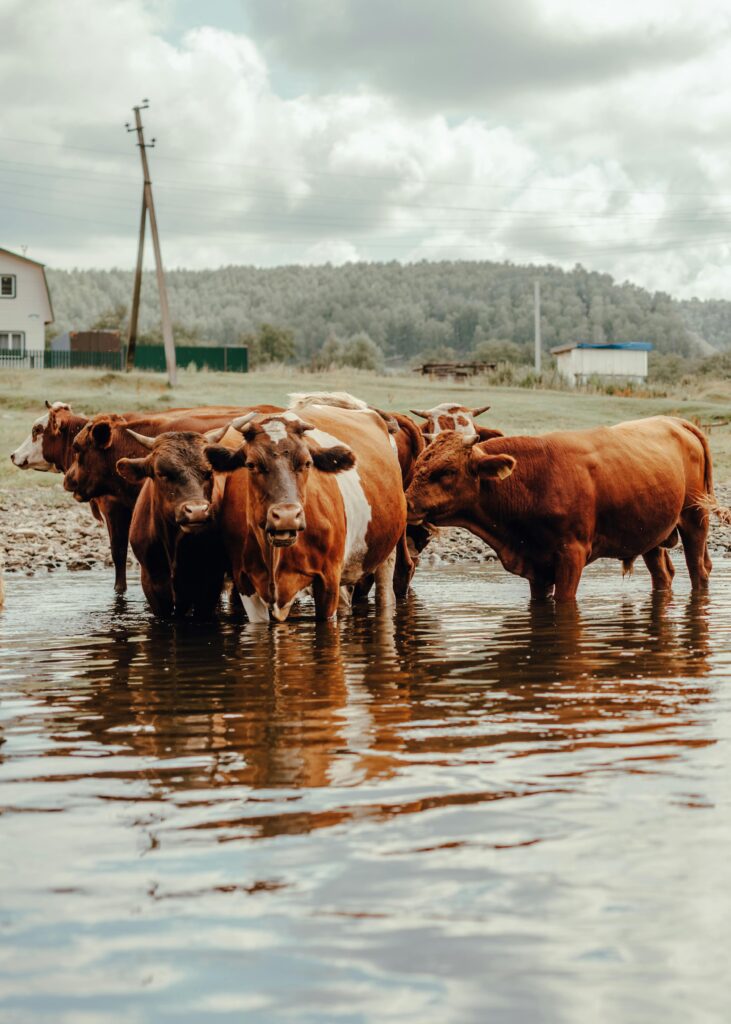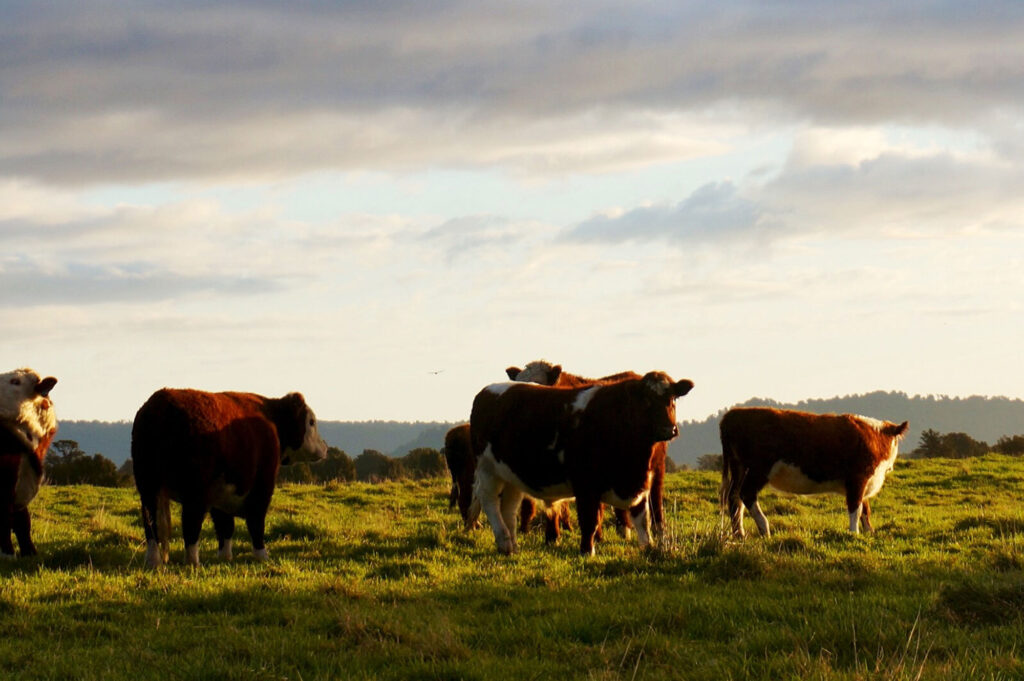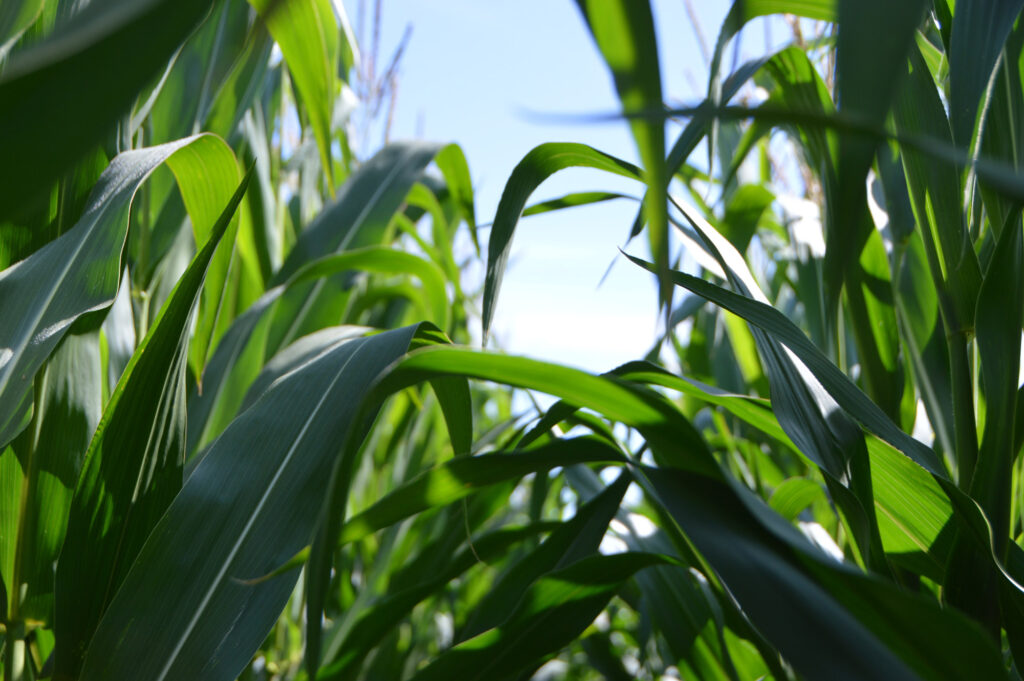Wastewater refers to the water that becomes contaminated or polluted during agricultural activities. It is generated from various farming practices and can include runoff water, irrigation water, and processing water from agricultural operations. This wastewater can carry a range of pollutants and contaminants, animal waste, organic waste, heavy metals, pesticides and herbicides. These chemicals can be harmful to aquatic life, the natural environment and surrounding farmland, and as a result may pose risks to human health if they enter drinking water sources.
How can Livestock Water & Energy clean and reclaim wastewater sludge?
Efficient management of agricultural wastewater is essential to protecting water resources and the environment. Livestock Water & Energy utilizes their proprietary technology with Vacuum Membrane Distillation to clean wastewater to a potable level.
Here are some ways in which Livestock Water & Energy can improve your farm with our wastewater treatment solutions:
- Environmental protection: By removing pollutants and contaminants from the wastewater before discharge, you reduce the risk of polluting nearby water bodies and groundwater. This helps to protect the local environment and maintain the health of aquatic ecosystems.
- Sustainable water management: Cleaning wastewater allows you to recycle and reuse the treated water for various agricultural purposes, such as irrigation and livestock watering. This reduces your reliance on freshwater sources, conserves water resources, and ensures a more sustainable water supply for your farm.
- Soil health: Treated wastewater can be used for irrigation, providing valuable nutrients and organic matter to the soil. This enhances soil fertility and improves crop growth, leading to higher yields and healthier plants.
- Nutrient recycling: Agricultural wastewater often contains valuable nutrients like nitrogen and phosphorus, which can be reclaimed through treatment. Reusing these nutrients in the form of treated wastewater or by processing it into nutrient-rich fertilizers can reduce the need for synthetic fertilizers, cutting costs and minimizing nutrient runoff.
- Cost savings: Implementing a wastewater treatment system may require an initial investment, but over time, it can lead to significant cost savings. Reusing treated wastewater reduces the need for expensive freshwater sources, and nutrient recycling lowers the demand for commercial fertilizers.
- Compliance with regulations: Properly treating wastewater ensures that your farm complies with environmental regulations and avoids potential fines or legal issues related to water pollution.
- Positive public image: Adopting sustainable practices, such as wastewater treatment, can enhance your farm’s reputation among consumers and the community. People are increasingly conscious of environmental issues, and supporting a farm that prioritizes eco-friendly practices may attract more customers and business opportunities.
When considering implementing a wastewater treatment system on your farm, our experts will design, engineer and implement a set of chemical treatment procedures and processes that align with your farm’s size, water usage, and specific needs. Our experts will also implement the best wastewater maintenance options and regular monitoring of the treatment system to ensure its effectiveness and longevity.




